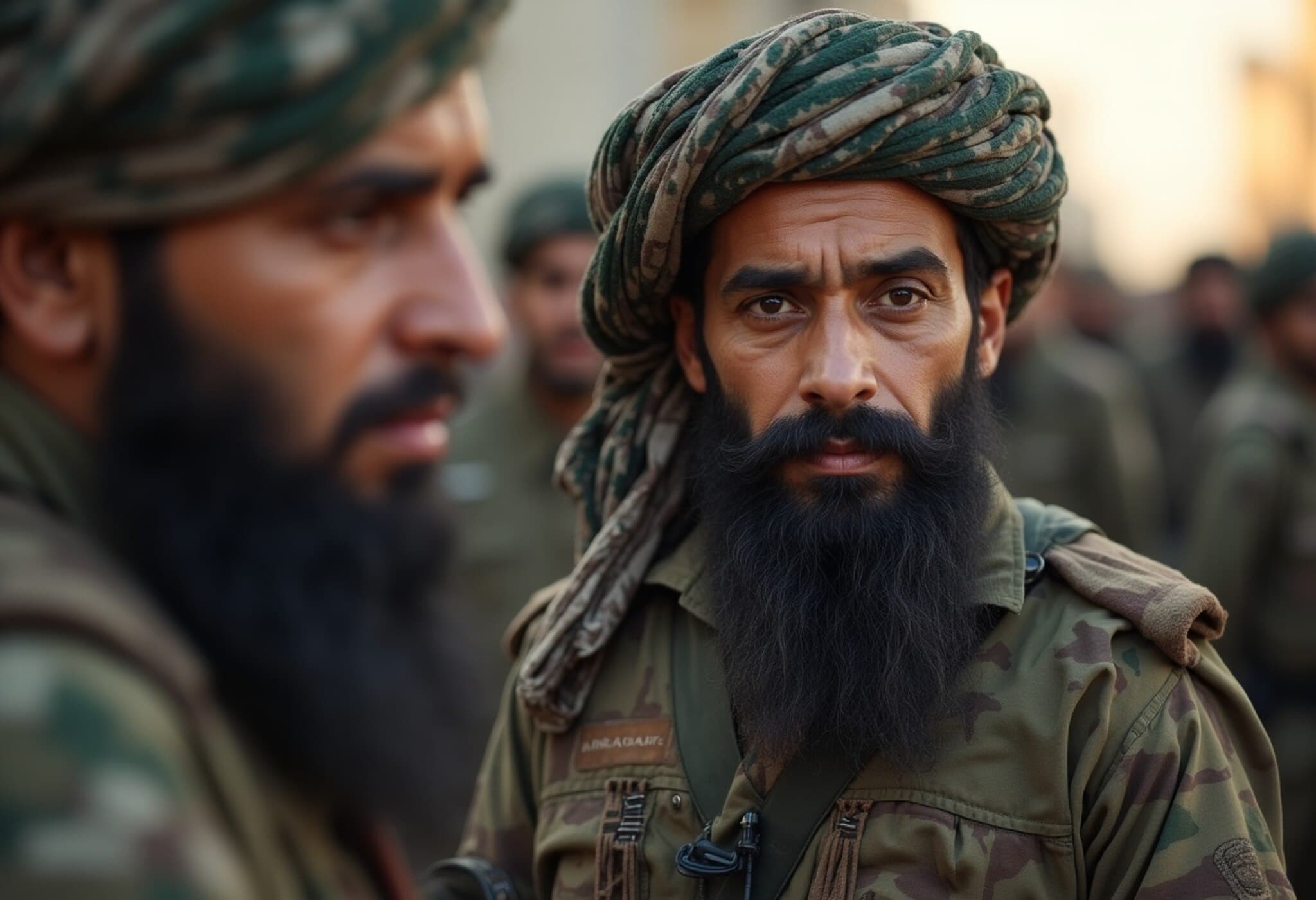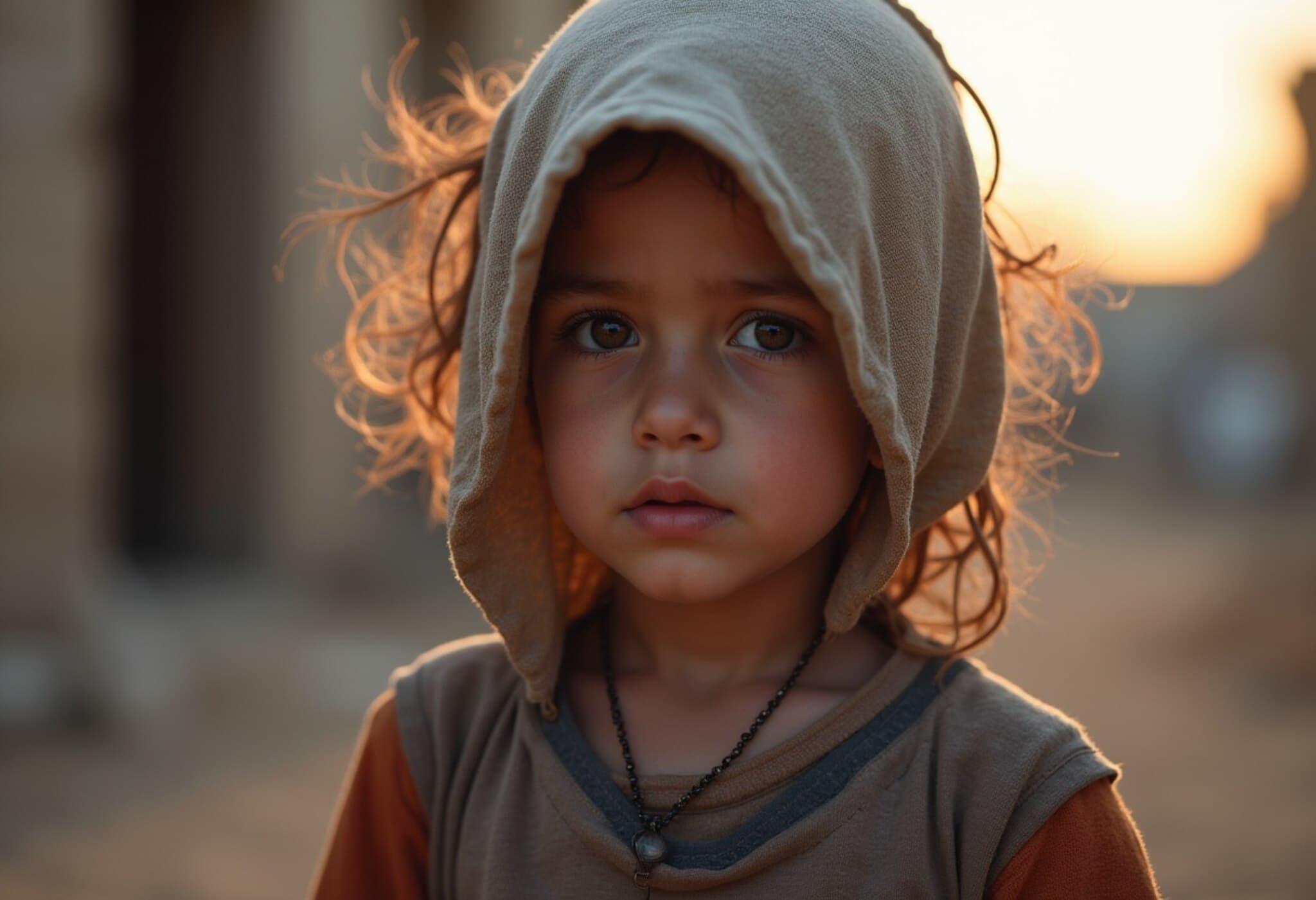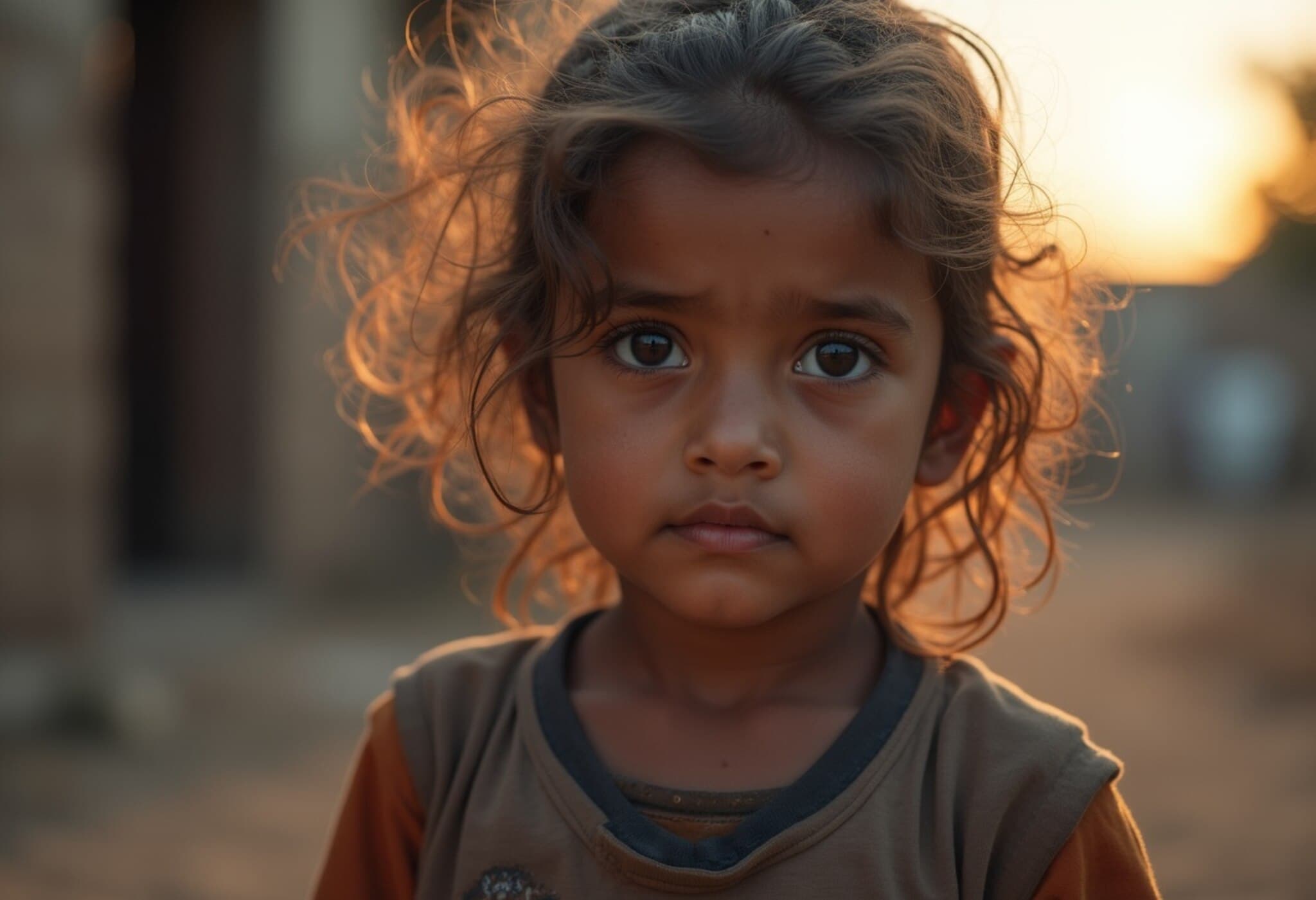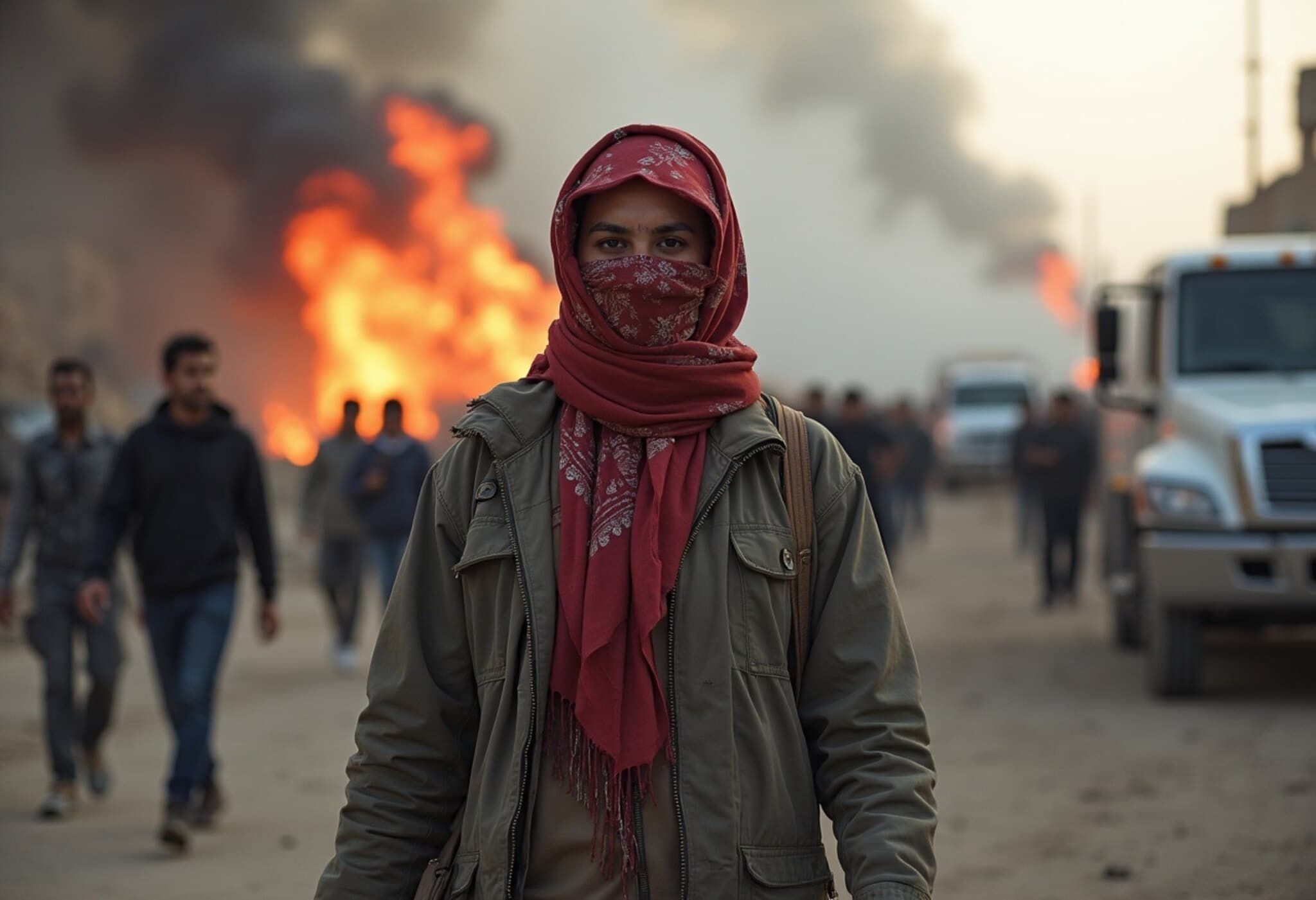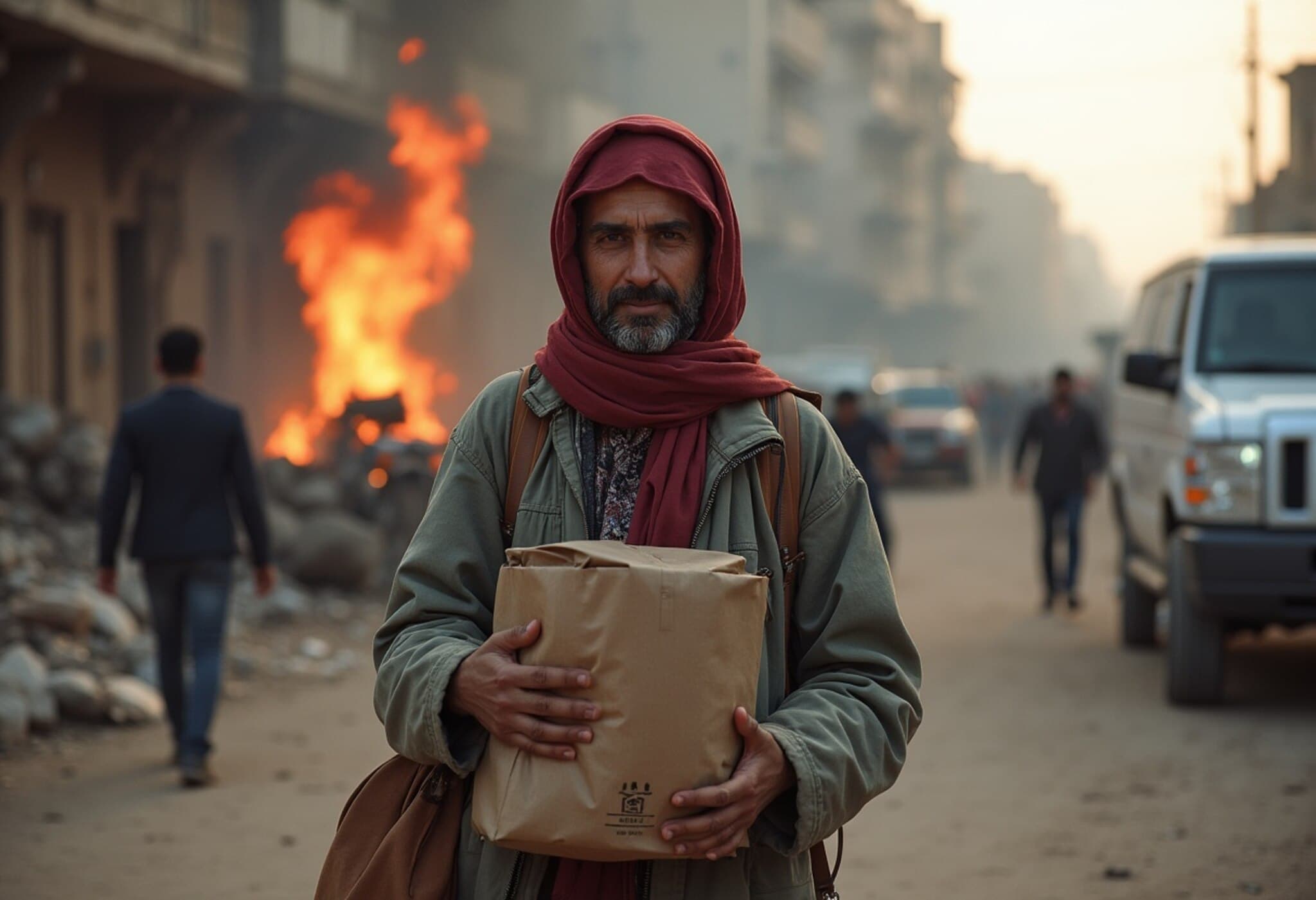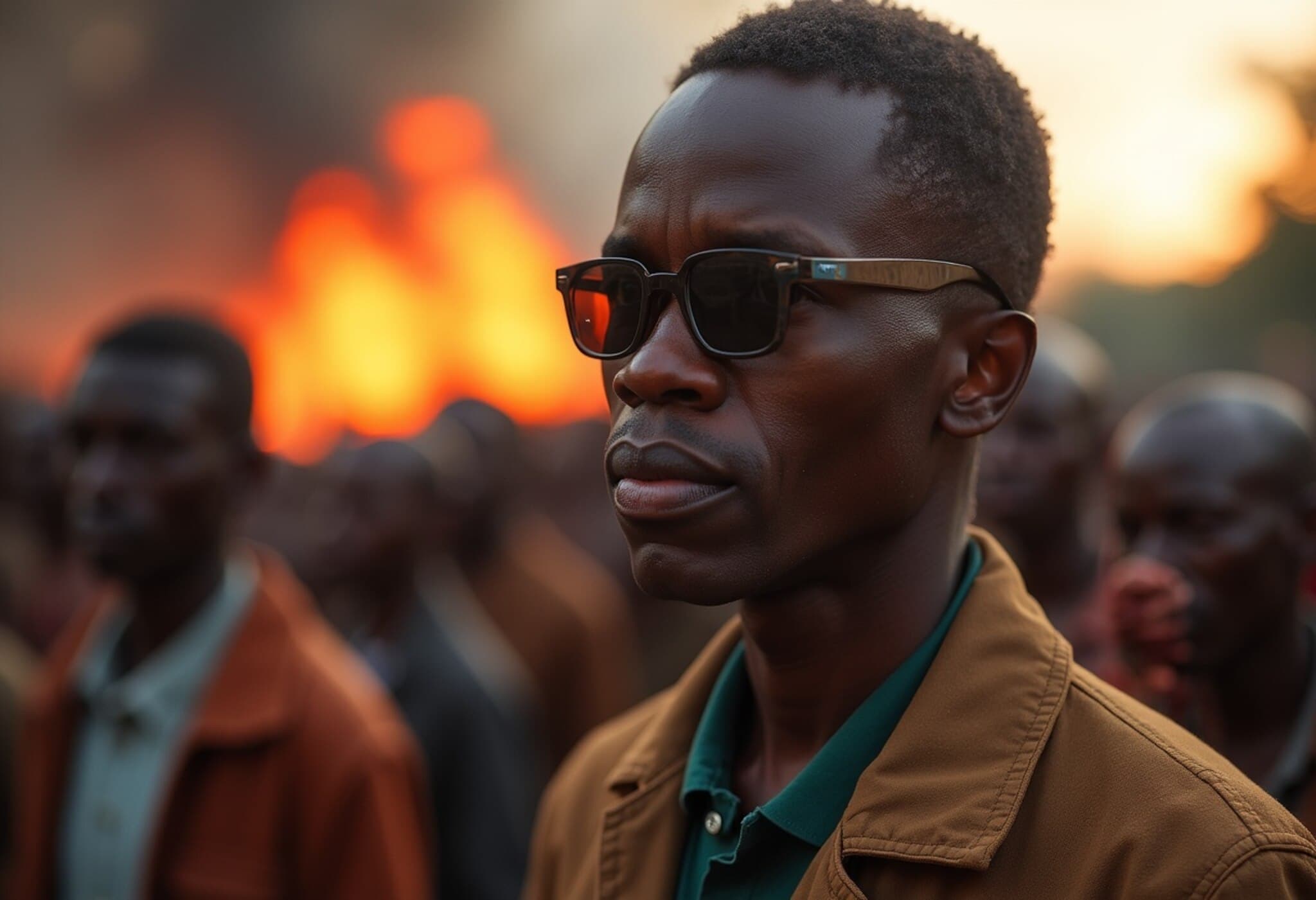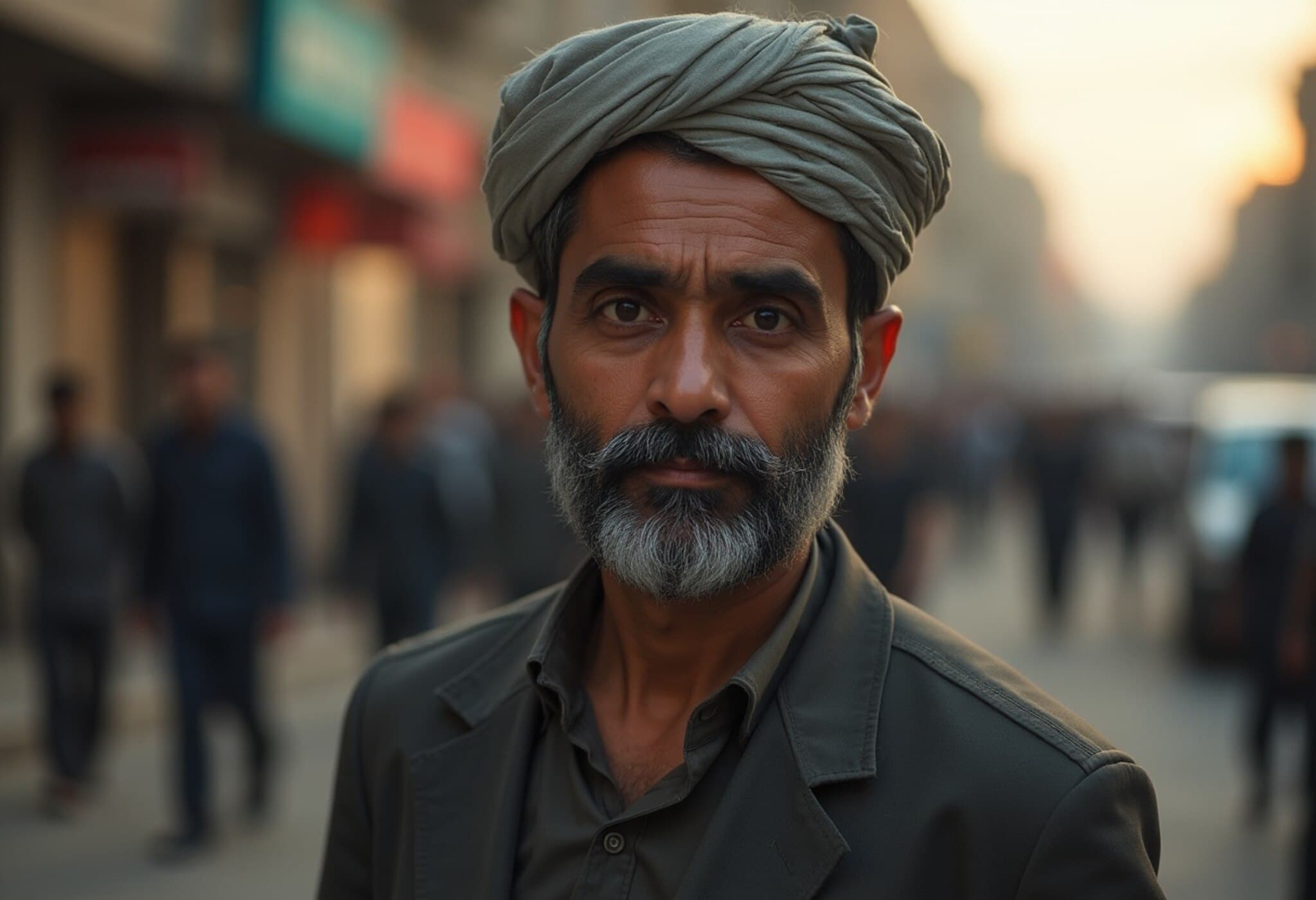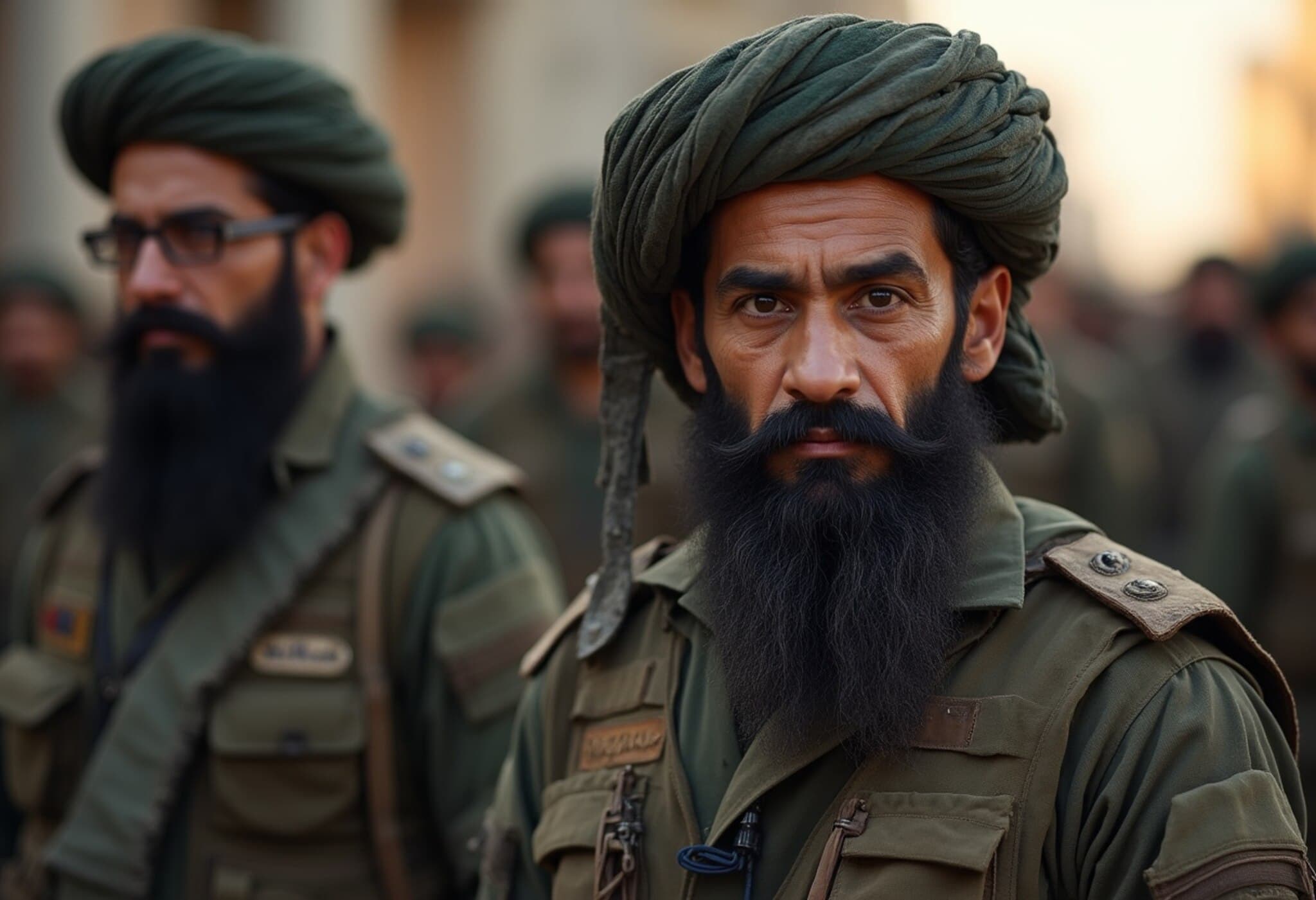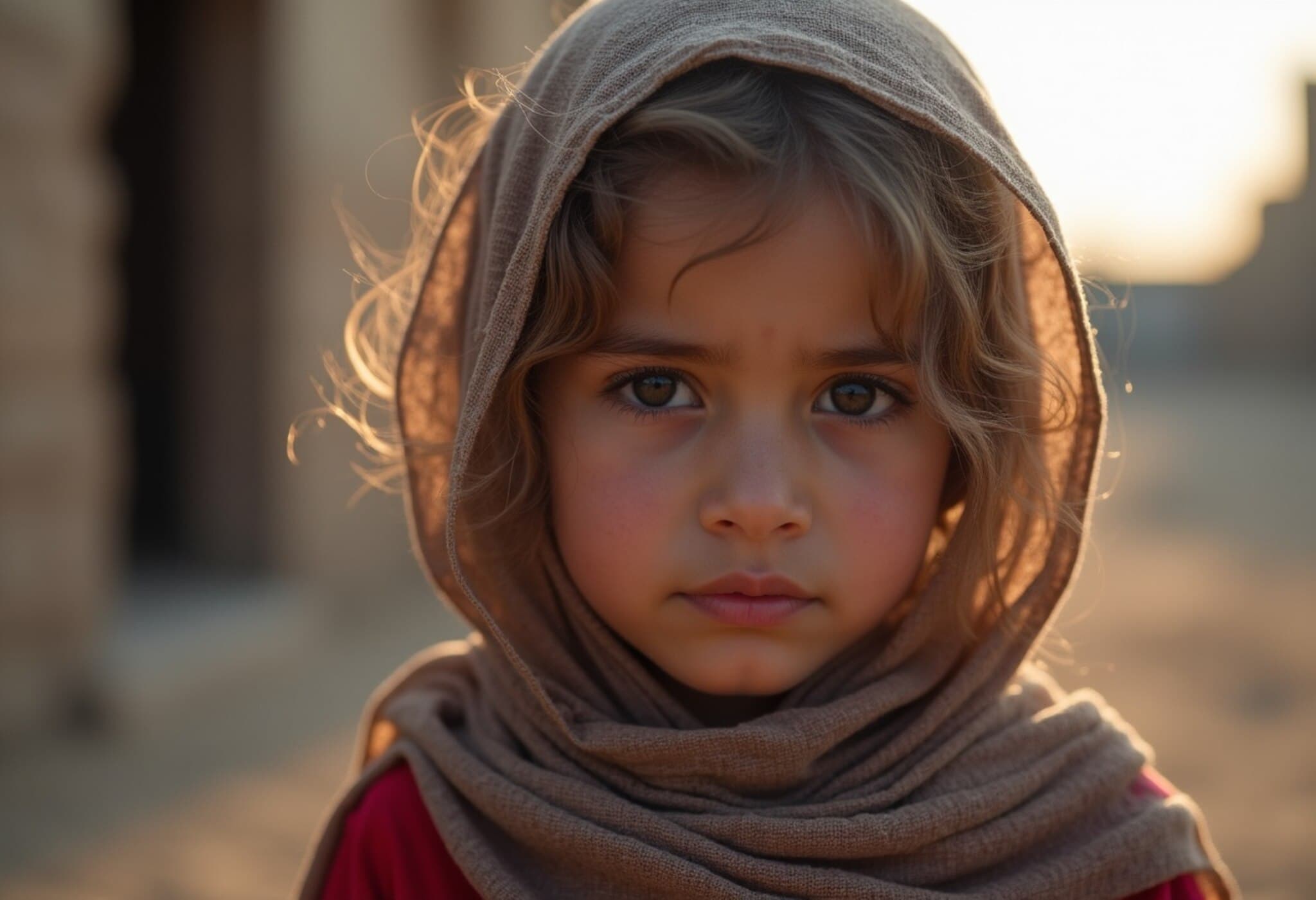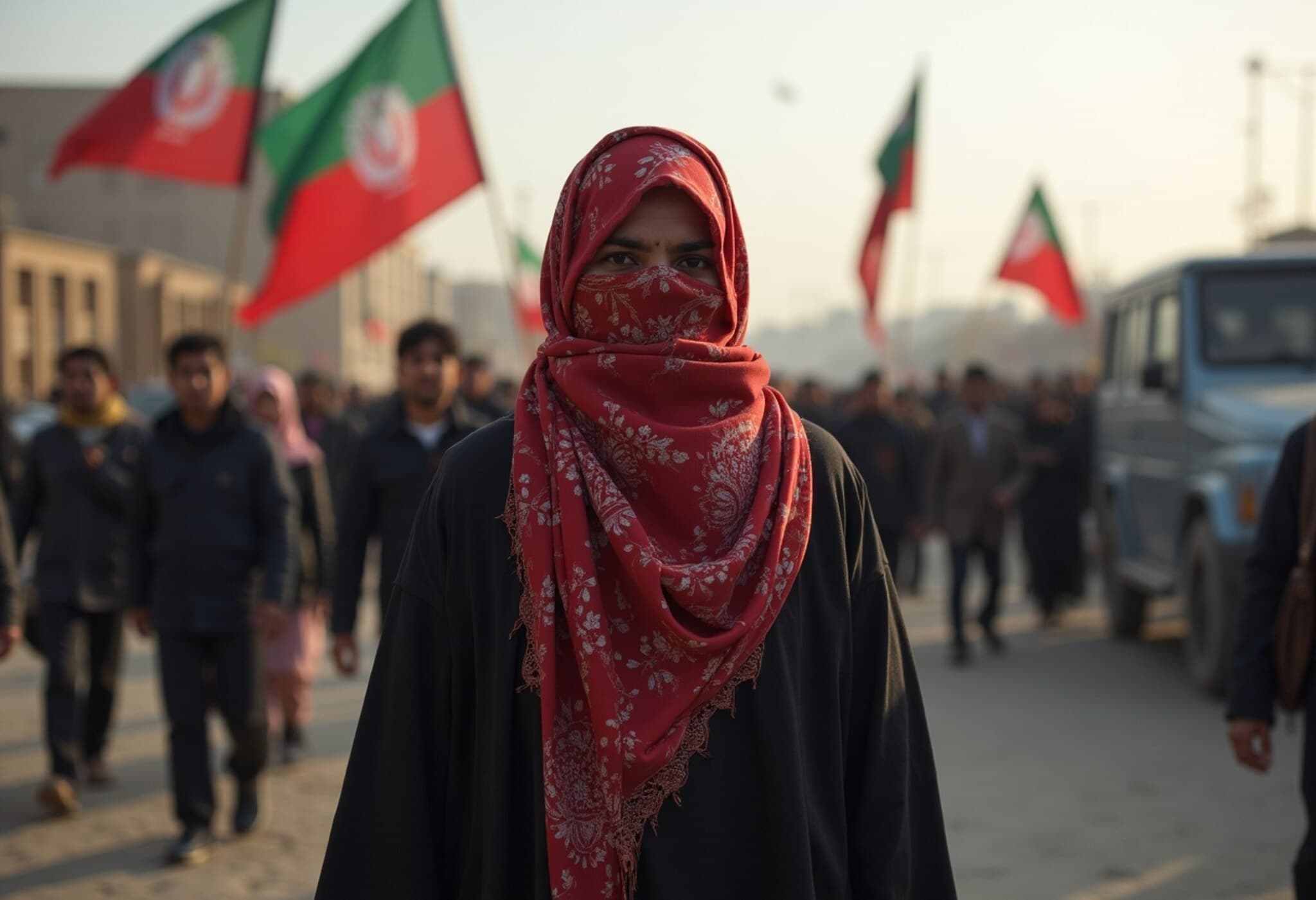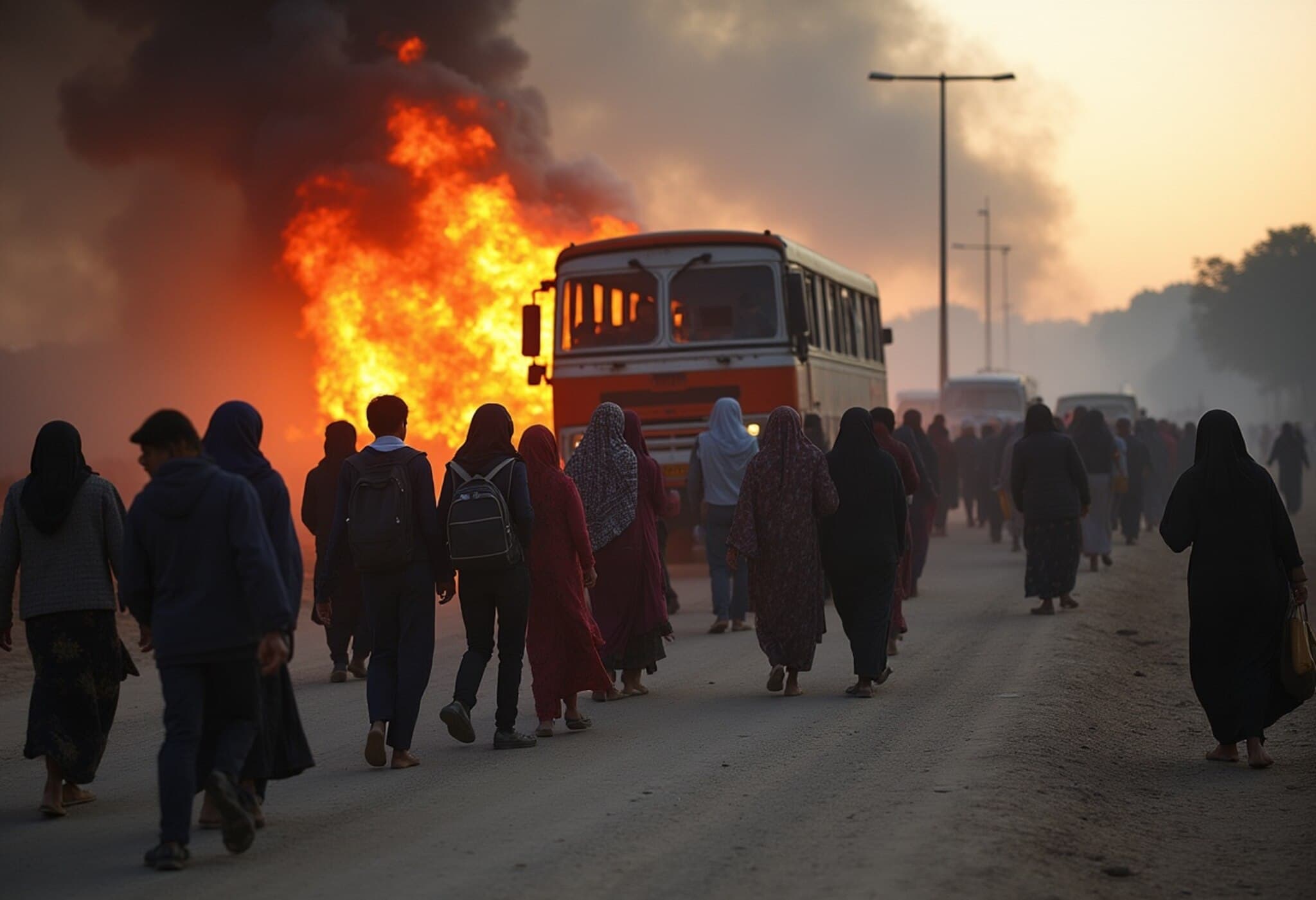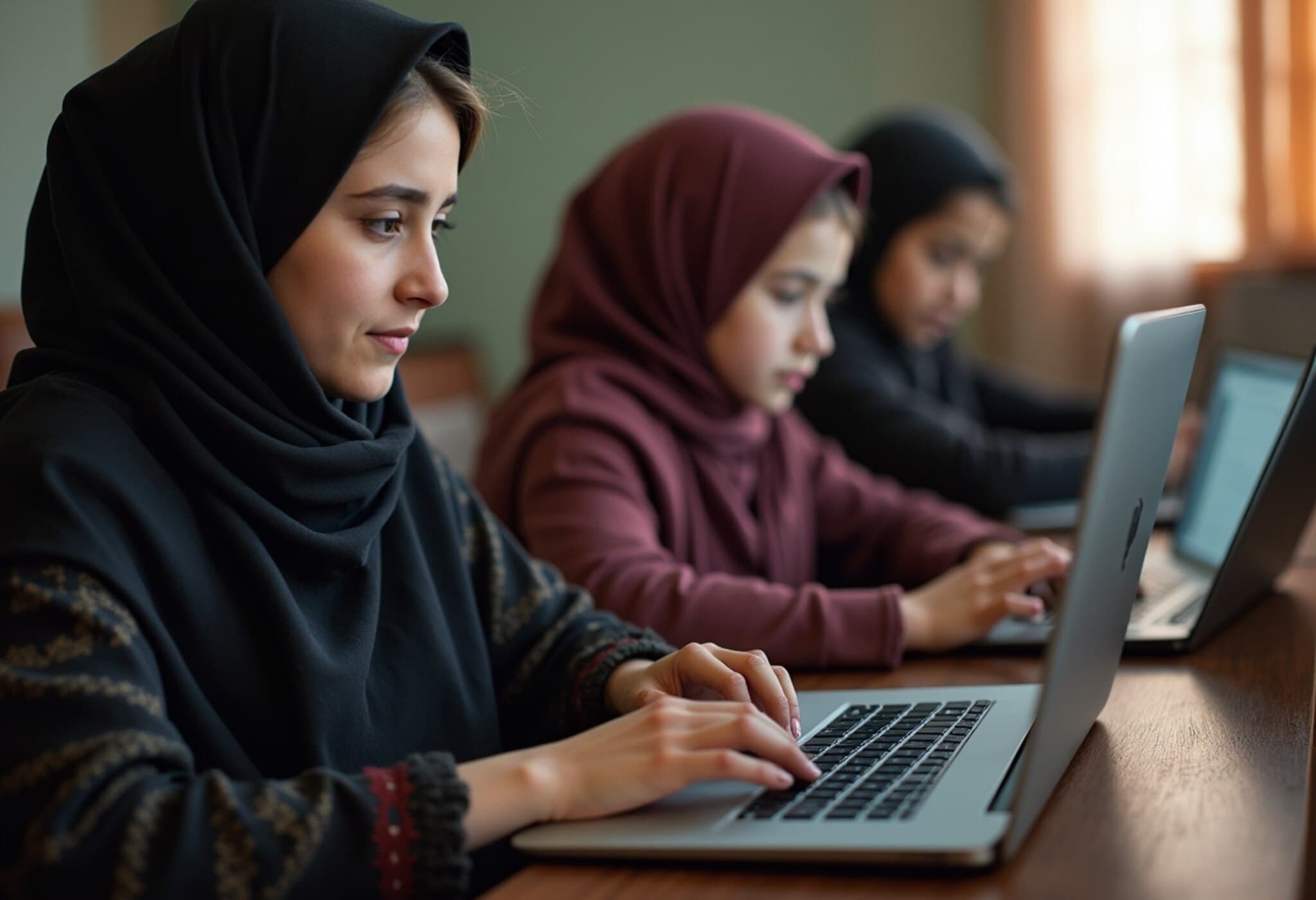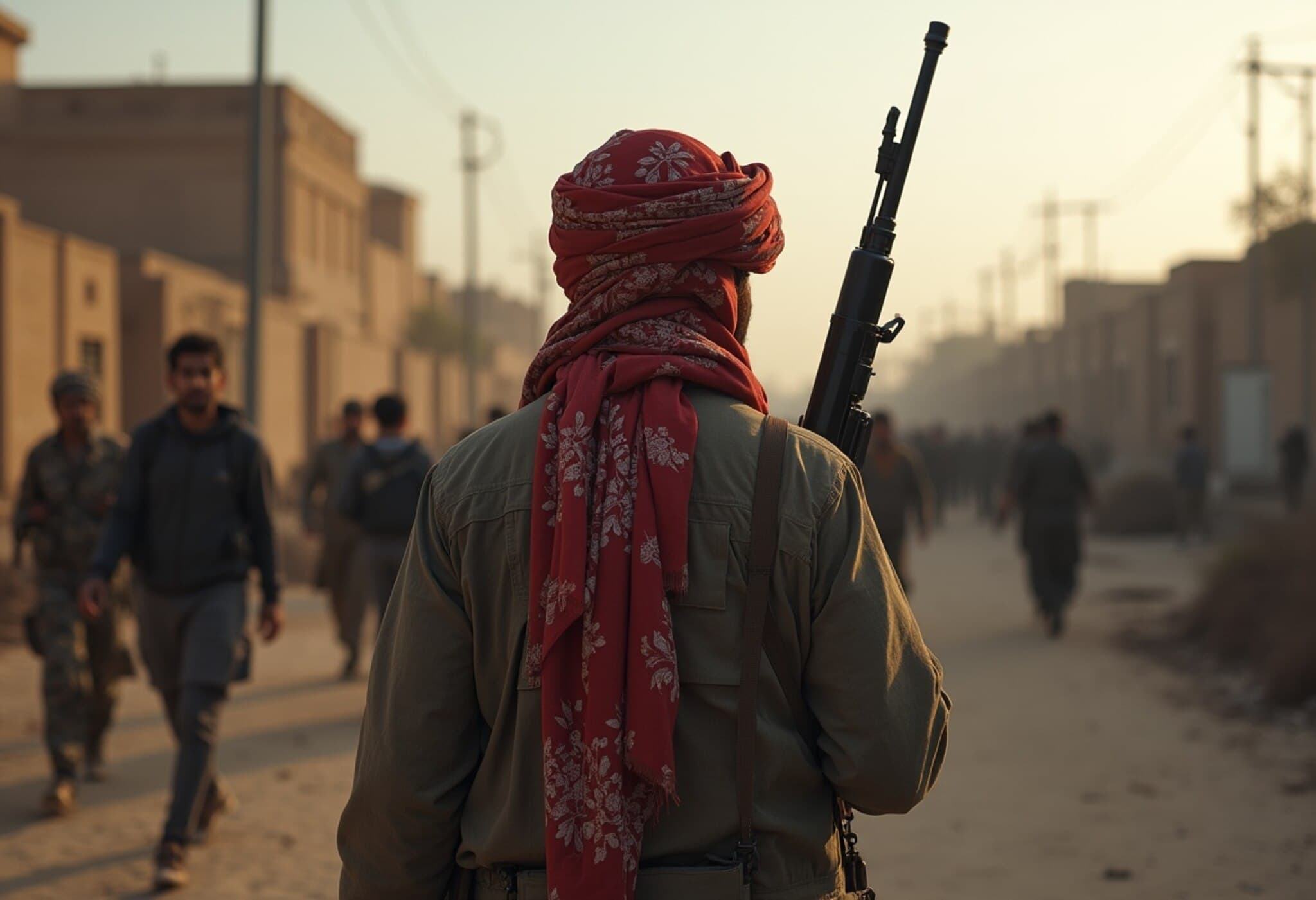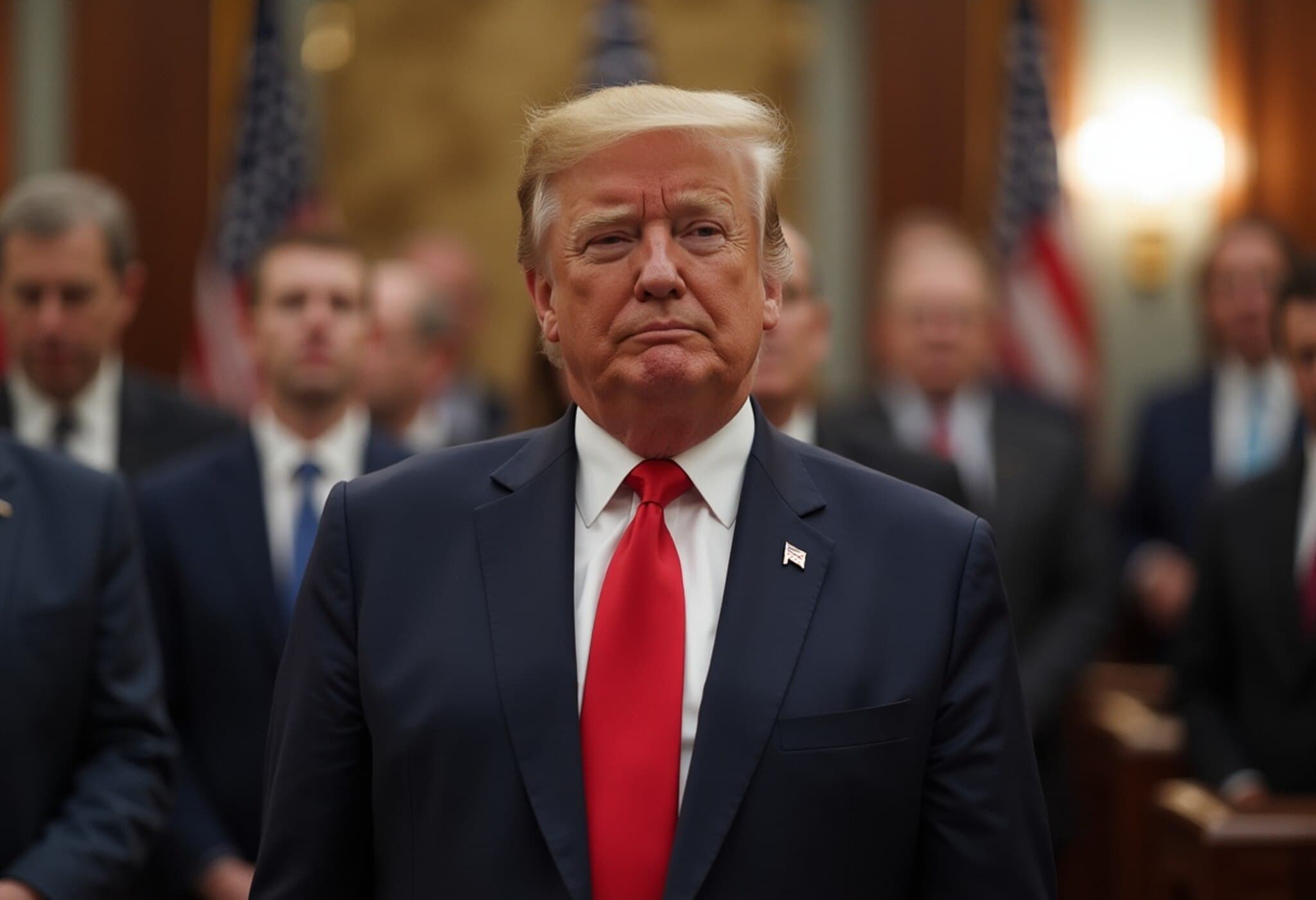International Criminal Court Targets Taliban Leadership in Historic Move
In a decisive and groundbreaking step, the International Criminal Court (ICC) has issued arrest warrants against two of the Taliban's highest-ranking officials: Supreme Leader Hibatullah Akhundzada and Afghanistan's Chief Justice Abdul Hakim Haqqani. This action charges them with crimes against humanity for orchestrating systemic persecution of women and girls since the Taliban's resurgence in August 2021.
Background: Sustained Gender-Based Oppression in Afghanistan
Since reclaiming control of Afghanistan nearly four years ago, the Taliban have rolled back decades of progress toward gender equality. Policies imposed under their regime have dramatically curtailed women’s freedoms and opportunities. These include:
- Banning girls from attending secondary and higher education institutions.
- Prohibiting women from working in most sectors, devastating household incomes and independence.
- Restricting women’s access to public spaces such as parks and marketplaces.
- Enforcing strict travel bans requiring male guardians for women’s movement.
- Closing women-centric businesses like beauty salons and community centers.
These measures extend beyond everyday restrictions to what the ICC describes as "systematic persecution," targeting anyone who defies the Taliban’s stringent gender policies or advocates for women’s rights.
The ICC’s Landmark Charges
The ICC’s indictment alleges that Taliban leadership purposely engaged in policies constituting crimes against humanity—specifically aimed at depriving women and girls of their basic rights to education, employment, and physical freedom. It further points to persecution based on gender identity or expression, revealing a broader campaign of repression that transcends traditional gender roles.
This constitutes the court’s first-ever direct legal action against the Taliban authorities for gender-targeted persecution, signaling a new front in international efforts to hold them accountable.
Why This Matters: The Global and Regional Stakes
Experts note that this ICC move reverberates far beyond Afghanistan’s borders. Historically, impunity has emboldened regimes that systematically oppress women under the guise of cultural or religious norms. By challenging the Taliban’s leadership at the highest level, the ICC sets a precedent for addressing gender-based crimes worldwide.
From an American policy perspective, this development underscores the ongoing struggle to support human rights amid complex geopolitical realities. The U.S. and its allies have long condemned the Taliban’s treatment of women, but legal accountability adds a new dimension to international pressure, possibly influencing diplomatic negotiations, sanctions, and humanitarian aid strategies.
Unanswered Questions and Future Implications
- Enforcement challenges: With the Taliban firmly controlling Afghanistan, how will arrest warrants be executed, if at all?
- Impact on Afghan women: Could this ICC action offer hope or amplify risks for women activists on the ground?
- Global signaling: Will this embolden other international courts to pursue gender-based crimes as a focal issue?
As the international community watches closely, these questions will shape the next chapter of Afghanistan’s fraught human rights saga.
Conclusion
The ICC’s issuance of these arrest warrants marks a historic moment in the fight against gender-based atrocities. While enforcement faces significant hurdles, the symbolic weight challenges the global community to refine strategies for justice and support those resisting repression. For Afghan women and girls, it is a beacon — if distant — that their plight has drawn unequivocal condemnation at the highest levels of international law.
Editor's Note
This landmark ICC decision opens a critical window into how international law confronts gender-based repression in volatile conflict zones. While it holds little immediate practical sway within Taliban-controlled Afghanistan, its deeper significance lies in setting a legal and moral precedent. Readers should consider what meaningful action beyond symbolic indictments might be feasible and how global powers and civil society can better rally to protect the rights and dignity of Afghan women and girls going forward.

